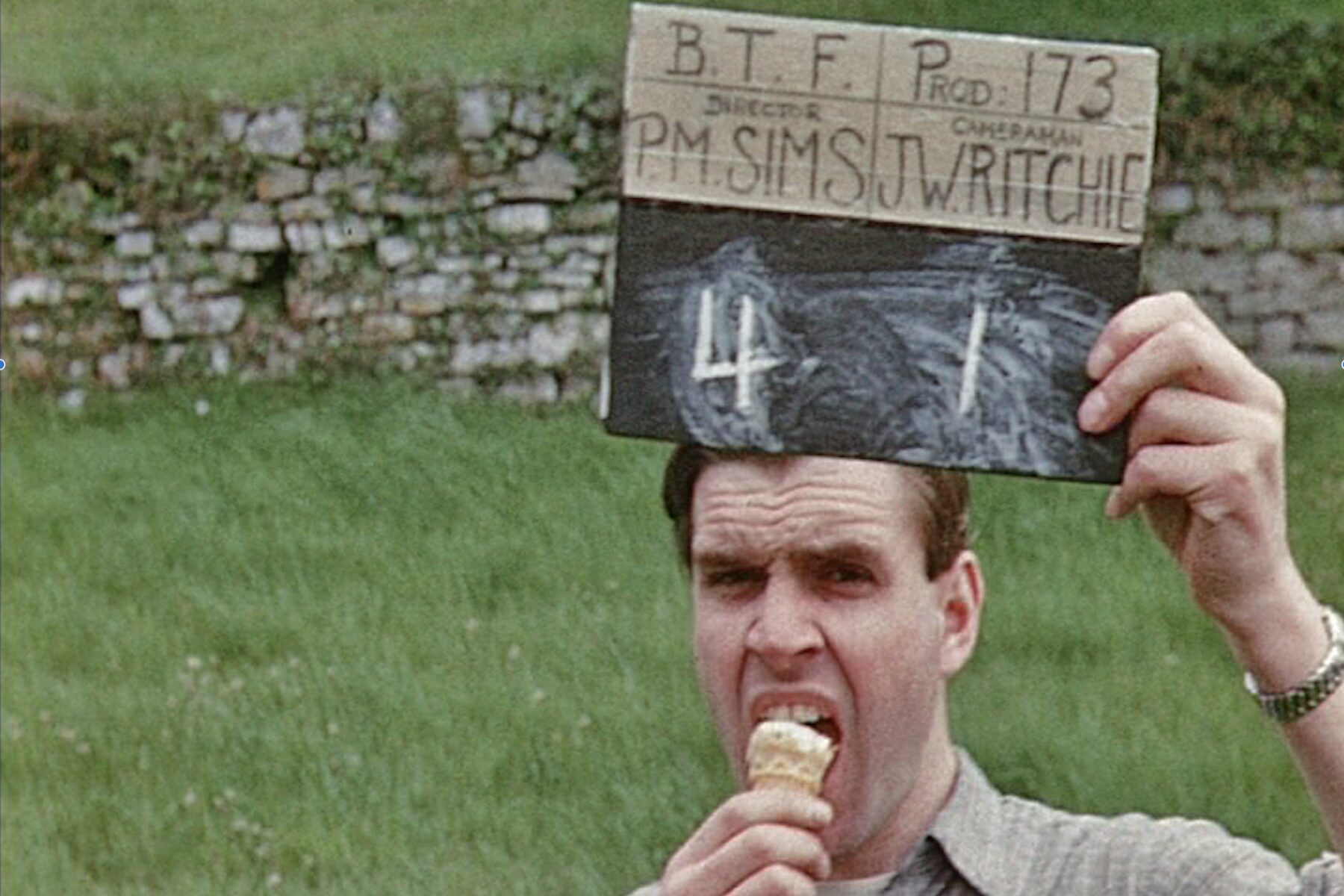 David Watkin was a dedicated collector of books. He bought carefully but knowledgeably from the main dealers in Britain and the US, in person or by catalogue. Even when he feared poverty in his later years (never with much conviction) I saw him contemplating catalogue items such as the Complete Plays of Vanbrugh for many thousands of pounds seen in a New York dealer’s catalogue. Although he showed great pride of ownership, it was understood that this resource was also a pension in his declining years.
David Watkin was a dedicated collector of books. He bought carefully but knowledgeably from the main dealers in Britain and the US, in person or by catalogue. Even when he feared poverty in his later years (never with much conviction) I saw him contemplating catalogue items such as the Complete Plays of Vanbrugh for many thousands of pounds seen in a New York dealer’s catalogue. Although he showed great pride of ownership, it was understood that this resource was also a pension in his declining years.
Many of the dealers were friends beyond the transaction (Ed Maggs of Maggs Brothers, David Plumtree of Holleyman, John Loska of Colin Page). Occasionally he would buy in the sale rooms. All purchases were recorded in a manuscript book, author and title, shop and price, later transferred to computer. I have added some pages from the liststo this site dating from as early as 1976.
In the January of 1980 on a visit to Blackwell’s Bookshop in Oxford he bought 11 books for a total of £479.00, Forest Reid’s Garden by the Sea (inscribed) was £140.00, and Masefield’s Salt Water Ballads was £200.00.
As his film career slowly diminished, familiar gems in the stacks would disappear. Sometimes inferior collected editions would take their place to maintain his contact with a beloved author. His Dickens firsts were thus replaced by the Nonesuch set which were respectable but without the fizz. The set was also without its index, which David had thrown away with the cardboard packaging on arrival. Reference to the missing volume was a sure way of winding him up. His reactions ranged from an innocent bemusement to a glacial stare into the middle distance.
After David’s death, Rachael and I catalogued the collection prior to advising on its sale. Alone in the house with a laptop and cups of tea, we realised how little access we had actually had to his collection – that the stacks were never open to browsing, but familiar only through selective sorties in search of specific texts. The Poetry in the back room was a particular surprise, unloved and shelved in gloom, it was a comprehensive collection of texts he might need in dispute or celebration. This chimes well with Betty Mulcahy’s keen observation at the Watkin Funeral, of the man’s blind spot to any text that might be called poetic.
In the large metal cabinet near the Wood Stack where the cleaning fluids were said to be stored, we found a collection of early musical scores.

In the Cleaning Fluid Cupboard
A selection of eighteenth century fiction was sold to Eton College Library strengthening an area previously thought rather beneath their dignity by the College’s celebrated donors. This would have delighted David. He had visited that rich and lively collection at Eton on several occasions with David Plumtree, and had even given a talk on the film industry to the boys for the then Librarian Michael Meredith.
It was suitable that the bulk of the Watkin Library was sold by Ed Maggs of Maggs Brothers, London and offered in a two volume catalogue by David Plumtree who had sold David many of the books anyway. Ed’s invention of the entity, the Biblioteca Wendiana was sadly reserved solely for the delectation of those of us involved in the sale. It was fitting too that Ed, who had known and loved David longer than any of us, talked of David’s pursuit of books at his funeral. Ed told us that he had visited the set of Memphis Belle at David’s invitation and been mistaken by an impertinent actor high up on a scaffold for a new boy friend.

Reading at home.
